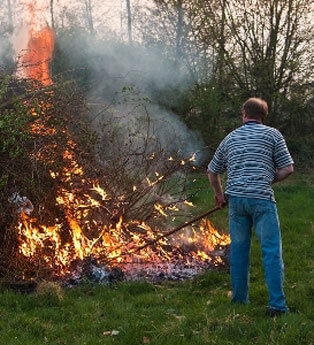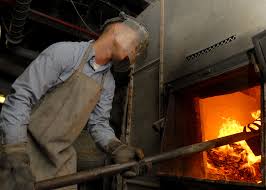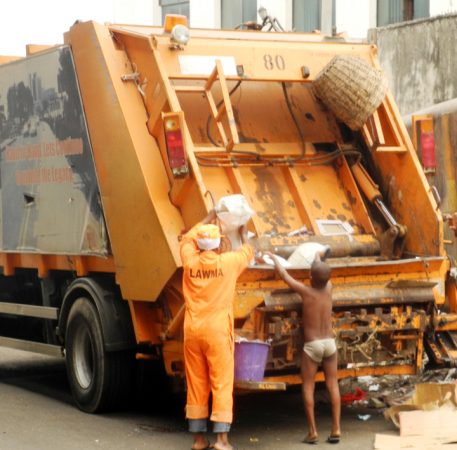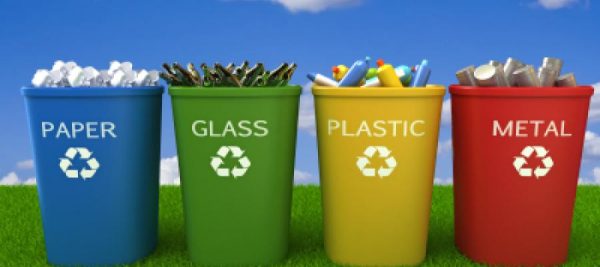GETTING RID OF DOMESTIC WASTE
- June 30, 2016
- Articles, Uncategorized
Domestic waste, also known as household waste, is waste generated from everyday activities in the house. This usually comprises of food leftovers, disposable items, old clothes, papers etc. Some domestic waste can be hazardous or toxic to human health such as chemicals and pesticides. Proper disposal of domestic waste help to keep the home clean and protect the environment. How to dispose of waste has always been a major cause for concern for most people because waste not properly disposed of becomes an eyesore, a safety hazard and can lead to pest infestations.
Domestic waste can be disposed of in the following ways:
Open waste burning: In this Part of the world, mostly in developing areas, gathering and burning of waste outside the house is a common practise, though this is useful only for combustible materials like papers and clothes. This method of waste disposal can be dangerous because sometimes, fire can spread to unwanted areas and destroy properties. Also, burning waste in the open may release harmful gases, soot and dust into the environment. Therefore, the use of this method requires close monitoring and supervision.
Incineration: incineration is a process of waste treatment that involves the combustion of organic substances. It’s a safer alternative to open waste burning. Costs of incinerators usually vary but it’s also possible to construct one locally with materials such as brick and steel. Before incineration, the waste should be separated in order to retain recyclable materials. Incineration greatly reduces the mass of the waste but does not eliminate the need for a landfill (a place in the community where waste is dumped).
Use of a domestic waste collection service: In most cities, the government put in place an agency that is in charge of collection of waste from residential houses, corporate establishments, markets etc. In Lagos for instance, LAWMA (Lagos Waste Management Authority) is in charge of collection, disposal and backlog of waste. For a fee, LAWMA operators come around on particular days to pack trash that has accumulated.
The 3 Rs: Reduce, Reuse and Recycle
- The most effective way to reduce waste is not to create it in the first place. In trying to reduce waste, learn how to use products that have less packaging and buying in bulk. For example, using water dispensers instead of buying water one sachet at a time, making use of computers to reduce use of papers.
- Reuse: little items can seem insignificant but when out together, these things add up. Purchase more of items that can be reused for example, you can bring your own silverware to work instead of using disposable ones.
- As it is said, one man’s trash is another man’s treasure. Instead of always discarding old appliances, electronics, clothes etc, try giving them out. Not only will you be reducing waste, you will be helping others.
- Recycling: involves the collection of used and discarded materials and processing these materials into new products suitable for reuse for example, bottles. This helps to reduce the amount of waste accumulated, thereby making the environment cleaner.









0 Comments